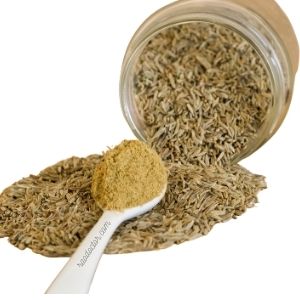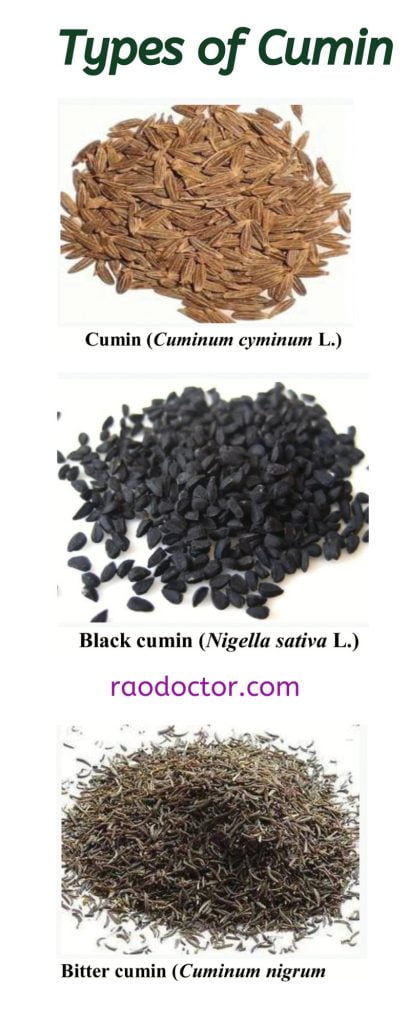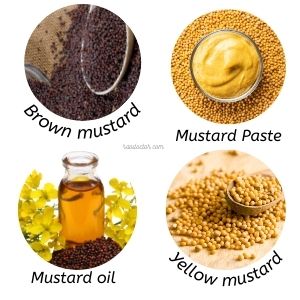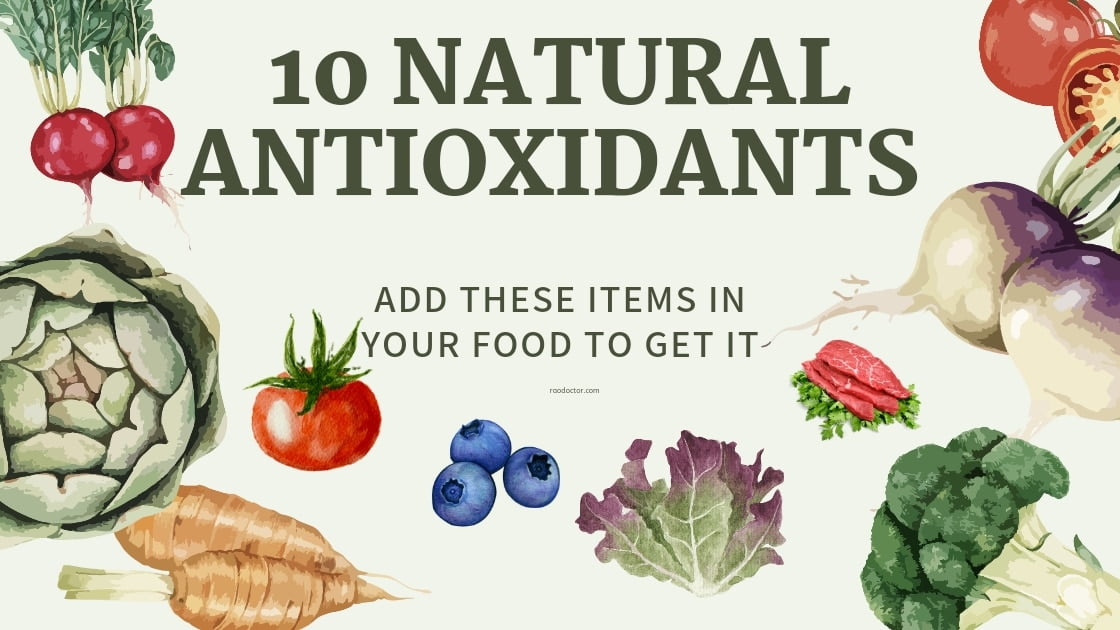Table of Contents
Add cloves, cumin, coriander and mustard to make your meals tastier
In my very first article on spices, I mentioned and described the names of 12 spices. In the next article, four spices were discussed in detail. If you have not read it so far, here is a link to the same-
Listen to this article-
You can read as well as listen to this article and scroll down as you listen so that you can see the images and links to other useful articles-
Cloves: Health Benefits and How to Use
Cloves are one of the seven commonly used spices and is often used in Middle Eastern cooking. Cloves are a popular anti-inflammatory due to their anti-inflammatory properties, which can help prevent and lower your risk of type 2 diabetes, metabolic syndrome, and certain cancers. Here are the benefits of using cloves-
• Cloves are a rich source of antioxidants, which can help protect the body from oxidative damage and reduce inflammation.
• Cloves contain eugenol, which has been shown to have anti-inflammatory and analgesic (pain relieving) effects. Useful resource- Eugenol oil.
• Cloves contain powerful anti-microbial properties, which can help protect against bacterial, fungal and viral infections.
• Cloves have been shown to reduce blood sugar levels, potentially helping to manage diabetes.
• Cloves can be used to freshen breath, reduce dental pain, and reduce the risk of tooth decay.
• Cloves are a good source of essential nutrients such as Vitamin C, which can help support overall health.
Cloves can also help improve digestion due to their ability to increase satiety hormones, reducing cravings for sugary and fatty foods and helping to maintain a healthy diet. So, it can be a useful addition to a diabetic diet.

Cloves can also help boost your immune system due to their anti-inflammatory properties and help you stay healthier due to their anti-inflammatory properties.
Stylecraze.com
Cloves can also help prevent and reduce symptoms of inflammatory conditions such as arthritis, joint pain, and inflammatory bowel disease.
Side Effects of using Excess Cloves-
Cloves are generally safe when used in moderate amounts, but excessive consumption may lead to some side effects.
It is important to note that the side effects of using excess cloves are relatively rare and occur only with excessive consumption.
For example, a person who consumes a large quantity of cloves [usually not more than one piece] in a short period of time may experience adverse effects.
However, incorporating moderate amounts of cloves into your diet or using it as a seasoning in your meals is generally safe and may provide some health benefits. Here are some side effects of using excess cloves-
- Too much consumption of cloves can cause blood sugar levels to drop to dangerously low levels, leading to hypoglycemia.
- Cloves contain eugenol, which can cause liver damage if consumed in excessive amounts.
- Overconsumption of cloves may cause stomach upset, nausea, vomiting, and diarrhea.
- Some people may be allergic to cloves, leading to allergic reactions such as skin rash, itching, and difficulty breathing.
- Cloves have blood-thinning properties, and consuming too much of them may increase the risk of bleeding.
Cumin: Health Benefits and How to Use
Cumin is a popular Middle Eastern spice and is often used in curries and soups. Cumin contains cuminaldehyde which is an aromatic compound and is used in many spices that have anti-inflammatory properties, which can help prevent and lower your risk of type 2 diabetes, metabolic syndrome, and certain cancers.

Cumin can help improve digestion due to its ability to increase the flow of bile and increase the flow of digestive enzymes, which can aid digestion and reduce bloating and cramps especially in women who experience these side effects. Its extract is used in carminative mixture to overcome symptoms of indigestion and dyspepsia.

Cumin can also help prevent and reduce symptoms of inflammatory conditions such as arthritis, joint pain, and inflammatory bowel disease.
Cumin can also boost your immune system and help you stay healthier due to its anti-inflammatory properties.
Netmeds
There are 3 types of cumin [as shown in the image on right] that are in use with benefits that vary from each other.
Black Cumin, also known as black seed, is also found to be useful in diabetes, skin diseases, obesity and heart disease. Watch this short video by Dr. Eric Berg to know it’s benefits-
Useful Resource- Types of Cumins
Coriander: Health Benefits and How to Use
Coriander is a commonly used Middle Eastern spice and is often used in Indian curries and other dishes. Coriander is a compound in many spices that has anti-inflammatory properties, which can help prevent and lower your risk of type 2 diabetes, metabolic syndrome, and certain cancers.
Wiki books

Coriander can also help improve digestion due to its ability to increase the flow of bile and digestive enzymes, which can aid digestion and reduce bloating and cramps especially in women who experience these side effects.
Coriander can also help prevent and reduce symptoms of inflammatory conditions such as arthritis, joint pain, and inflammatory bowel disease.
Coriander can also boost your immune system and help you stay healthier due to its anti-inflammatory properties. Let’s learn in detail about this wonderful spice-
Active Ingredient in Coriander Seeds:
- The active ingredient in coriander seeds that gives its unique flavor is an essential oil called linalool.
- Linalool is also found in lavender, basil, and other plants.
Uses of Coriander Seeds/Powder:
- Coriander seeds are widely used in cooking to add flavor to dishes such as curries, stews, and soups. In India, it is used in preparing sambhar powder and garam masala.
- They can also be ground into a powder and used as a spice rub for meats or as a seasoning for vegetables.
- Coriander seeds are commonly used in pickling, baking, and brewing as well.
Health Benefits of Coriander Seeds/Powder:
- Coriander seeds contain antioxidants that can help protect against oxidative stress and inflammation.
- They may also have antimicrobial properties that can help fight infections.
- Coriander seeds have been shown to improve digestion and relieve symptoms such as bloating, gas, and nausea. It may also be helpful in relieving symptoms of Irritable Bowel Disease.
- They may also lower cholesterol levels and improve heart health.
- It helps in lowering blood sugar and blood pressure.
Side Effects/ Interaction of Coriander Seeds/Powder:
- Coriander seeds are generally safe for most people when consumed in moderate amounts.
- However, some people may be allergic to coriander and experience symptoms such as itching and hives [rash].
- Coriander seeds/ powder may interact with certain medications, such as blood thinners and medications for diabetes and blood pressure.
Now let us move on to the last spice in this article-Mustard.
Mustard- the 8th spice in this series
Mustard is a versatile spice that has been used for centuries to add flavor and depth to dishes all over the world.

Whether you prefer it in its whole seed form, as a fine powder, or as a pungent oil, mustard has a place in every kitchen.
WikiBooks.org
The seeds themselves are small, round, and come in a range of colors, from yellow to brown and even black. When ground into a powder, mustard adds a sharp, tangy flavor to sauces, dressings, and marinades.
Mustard oil, on the other hand, is a popular ingredient in Indian, Bangladeshi, and Pakistani cooking. It has a strong, nutty flavor and a high smoke point, making it ideal for frying and sautéing.
Mustard oil is also used for pickling and preserving, as it has natural antimicrobial properties. In fact, many people use it as a natural remedy for various ailments, from colds and coughs to arthritis and skin conditions.
One of the most common uses of mustard is as a seasoning for curries and other spicy dishes. It pairs well with other warm spices like cumin, coriander, and turmeric, and can help balance out the heat of chilies and peppers.
Mustard seeds can be added whole to dishes, where they will release their flavor slowly over time. Alternatively, they can be toasted in a dry pan to bring out their nutty aroma before being ground into a powder.
Overall, mustard is a spice that should have a place in every kitchen. Its versatility and unique flavor profile make it a valuable addition to any dish, whether you’re cooking up a spicy curry or a simple salad dressing. Whether you prefer it in seed, powder, or oil form, mustard is a spice that is sure to add depth and complexity to your cooking.
So next time you’re in the kitchen, be sure to reach for the mustard and see what delicious creations you can come up with!
Final words
Here I conclude this article. If you have enjoyed reading this one, do use the 4 spices in your daily diet and observe the changes in your health as the days go by.
You help make this article known to others by sharing it on the icons at the bottom of the article. You can also share it directly on Twitter by using the link below-
4 More Of The 12 Spices to Keep You Healthy Share on XMy next article
So far, I have covered eight out of twelve spices that I started with. Now I will take a small break till I publish the article on the remaining 4 spices.
So, my next article that will be published shortly is on a common foot deformity that occurs mostly in middle and old age- Hallux Valgus– the crooked great toe.




